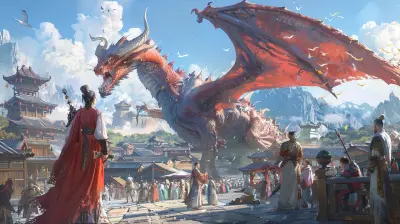Why Indie Games Are the Future of Experimental Gameplay
31 May 2025
If you're even remotely into gaming, you've probably noticed a big shift happening in the industry. Sure, the AAA giants still grab headlines with their multi-million-dollar blockbusters, but there's a quiet revolution taking place—a surge of indie games that are redefining what it means to play. Indie games aren’t just underdog projects anymore; they’ve become powerhouses of creativity, innovation, and, quite frankly, fun.
Experimental gameplay? That’s where indie games shine brightest. These small, scrappy teams of developers (or sometimes just one person!) are unafraid to take risks. They’re paving the way for a gaming era that’s bold, unpredictable, and refreshingly diverse. Buckle up, because we're diving into why indie games are the future of experimental gameplay.
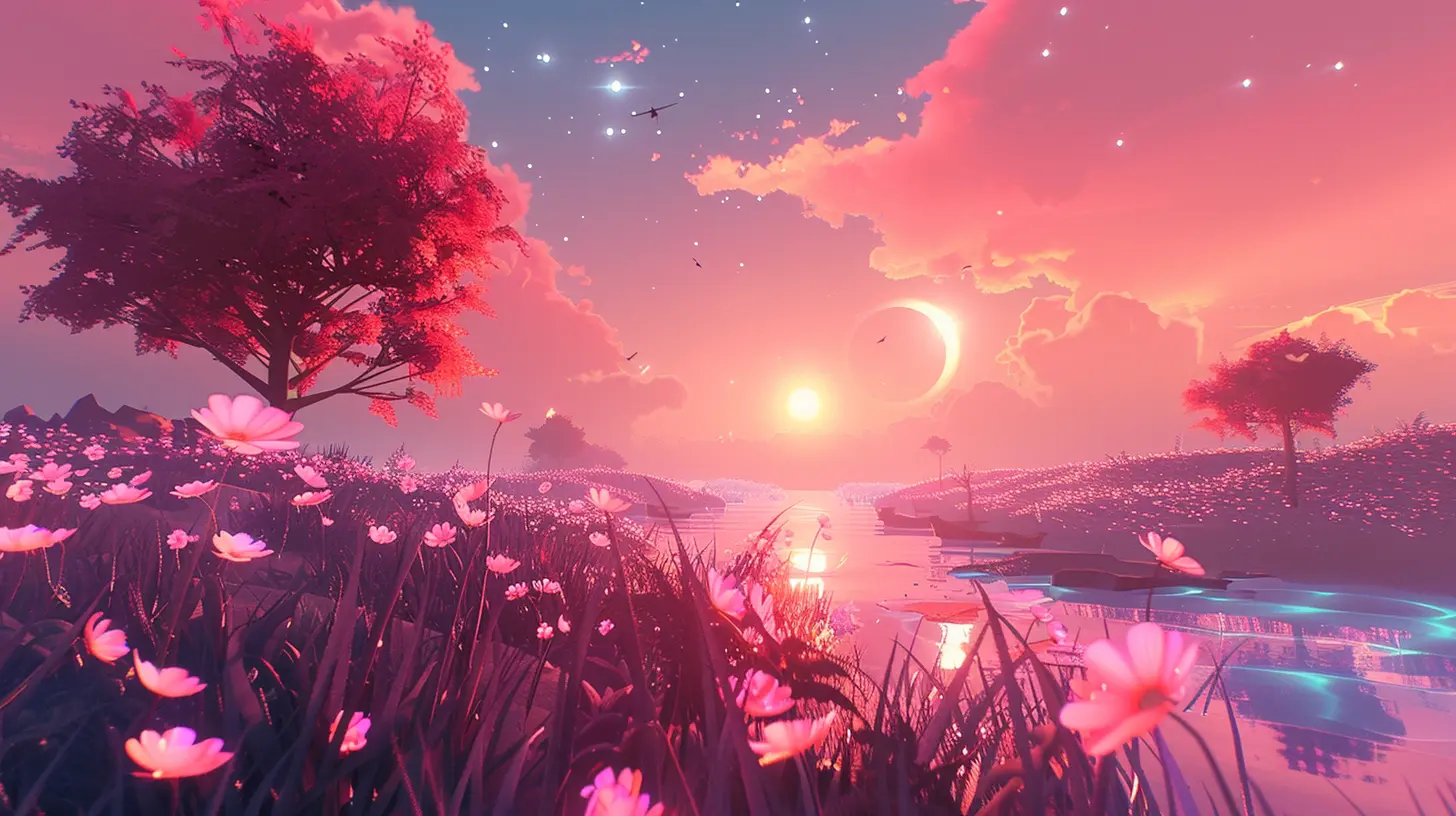
What Are Indie Games, and Why Are They So Special?
Before we get into the "why," let’s tackle the "what." Indie games (short for independent games) are titles developed by small, self-funded teams or solo developers. They’re not backed by massive corporations with endless budgets, and that’s actually their superpower.Imagine a AAA game as a blockbuster superhero movie—lots of explosions, big-name stars, and a story that’s been tested to appeal to everyone and their grandma. Indie games? They’re the arthouse films of the gaming world. Think quirky plots, unexpected mechanics, and raw creativity that often feels handcrafted just for you.
In indie games, there’s no executive board slapping post-it notes over bold ideas, demanding they make it "safer" or "more marketable." Indie devs answer to one thing—their own vision. And that freedom? It’s pure magic.
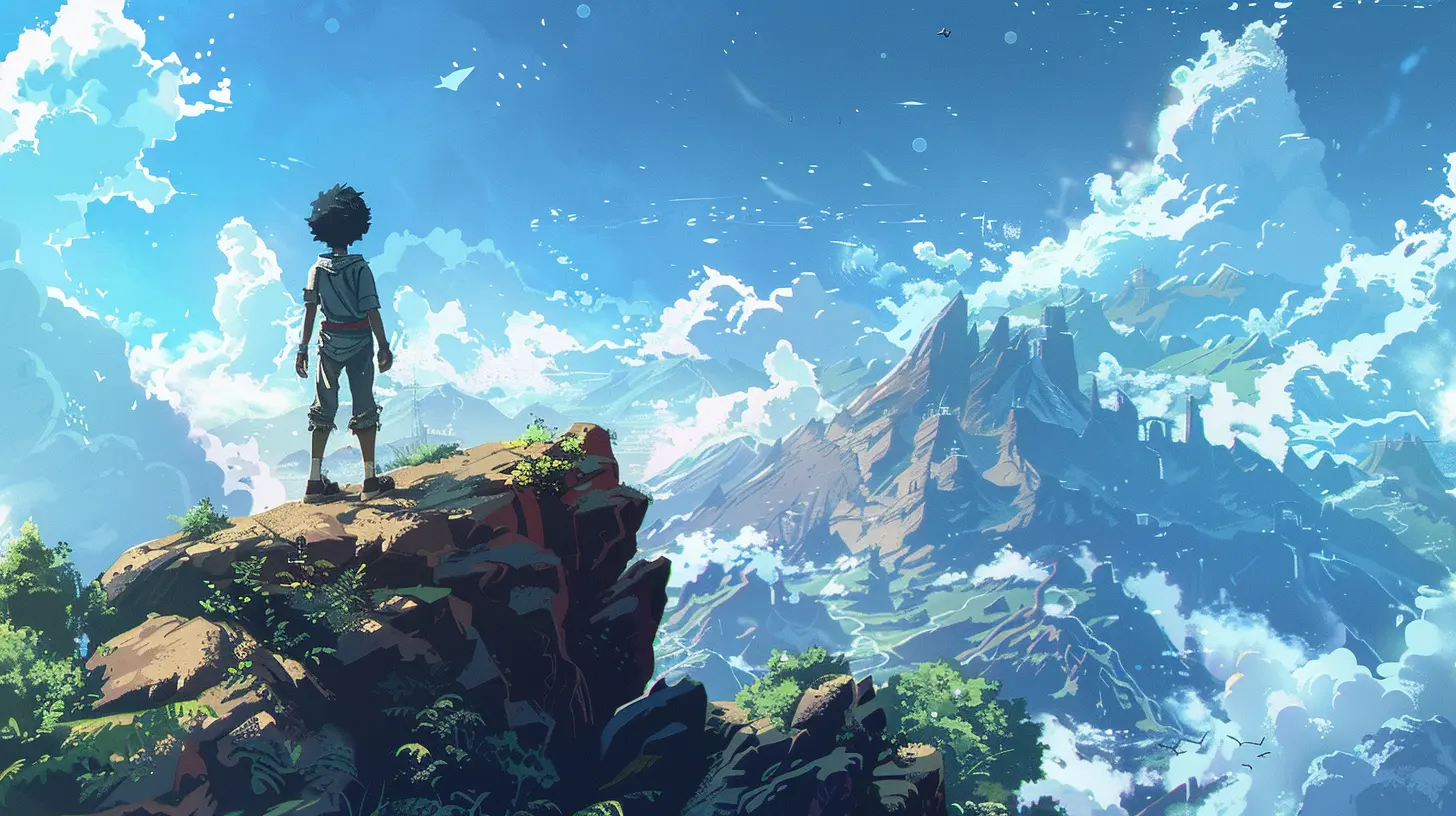
Breaking Away from the Formula
Let’s be real for a second. As awesome as some AAA games are, they’ve fallen into a bit of a formula. Open world? Check. Crafting mechanics? Check. Battle pass? Yep, throw that in too.Indie games are like a breath of fresh air. They’re not trying to check boxes—they’re throwing the whole checklist out the window. Take Undertale, for example. It flipped the RPG genre on its head by giving players choices that actually mattered. You could literally choose NOT to fight, transforming the game into a uniquely emotional experience. Or look at Celeste, a platformer that blends tight, challenging gameplay with a deeply personal story about mental health. These are risks most AAA titles wouldn’t dream of taking, but indies? They’re all in.
The Power of Small Teams
It’s ironic, really. You’d think smaller teams with fewer resources would face more limitations, right? But in practice, it’s the opposite. These developers get to wear all the hats—designer, writer, marketer, you name it. Because of that, their games tend to feel more personal, like you’re getting a glimpse into the creator’s soul.And when the stakes are low (no corporate overlords breathing down your neck), creativity thrives. Indie devs can afford to fail. They can experiment with off-the-wall mechanics, niche narratives, and wild art styles in a way that large studios simply can’t.
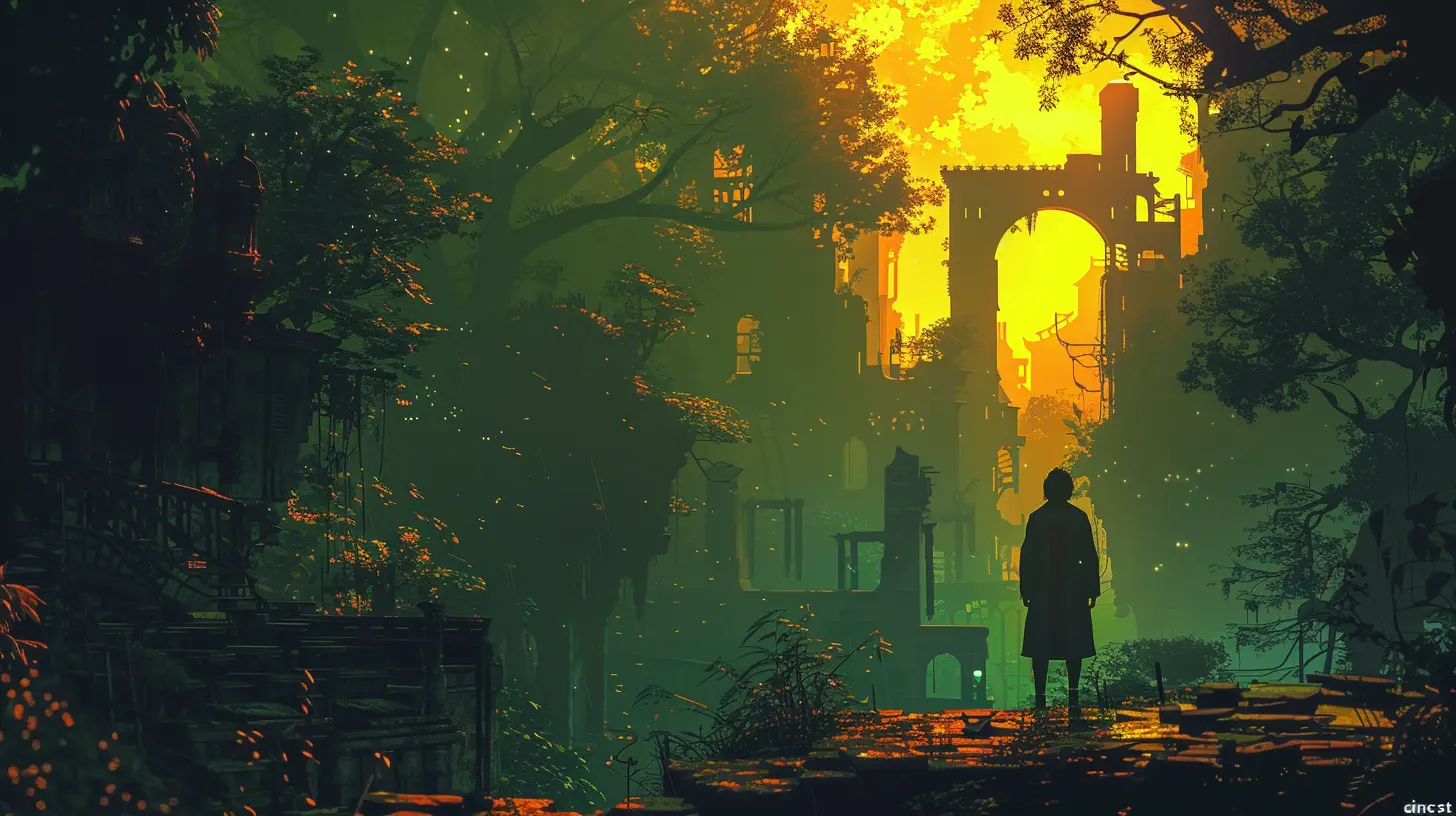
Why Experimental Gameplay Matters
So, what’s the big deal about "experimental gameplay" anyway? Mechanically speaking, it’s about breaking the mold—games that challenge traditional design, ask tough questions, or deliver entirely new ways to interact with a virtual world.Here’s why this matters: it pushes the medium forward. Gaming is still relatively young compared to other forms of entertainment, like film or literature. For it to evolve—to grow into its full potential—developers need to take risks. Experimentation brings us weird, wonderful gems that might not appeal to everyone but inspire the next generation of developers.
Think about it. Would gaming be the same today without groundbreaking titles like Braid popularizing time-based puzzles or Papers, Please blending bureaucracy with morality? These aren’t just games; they’re cultural touchstones that redefined what games could be.
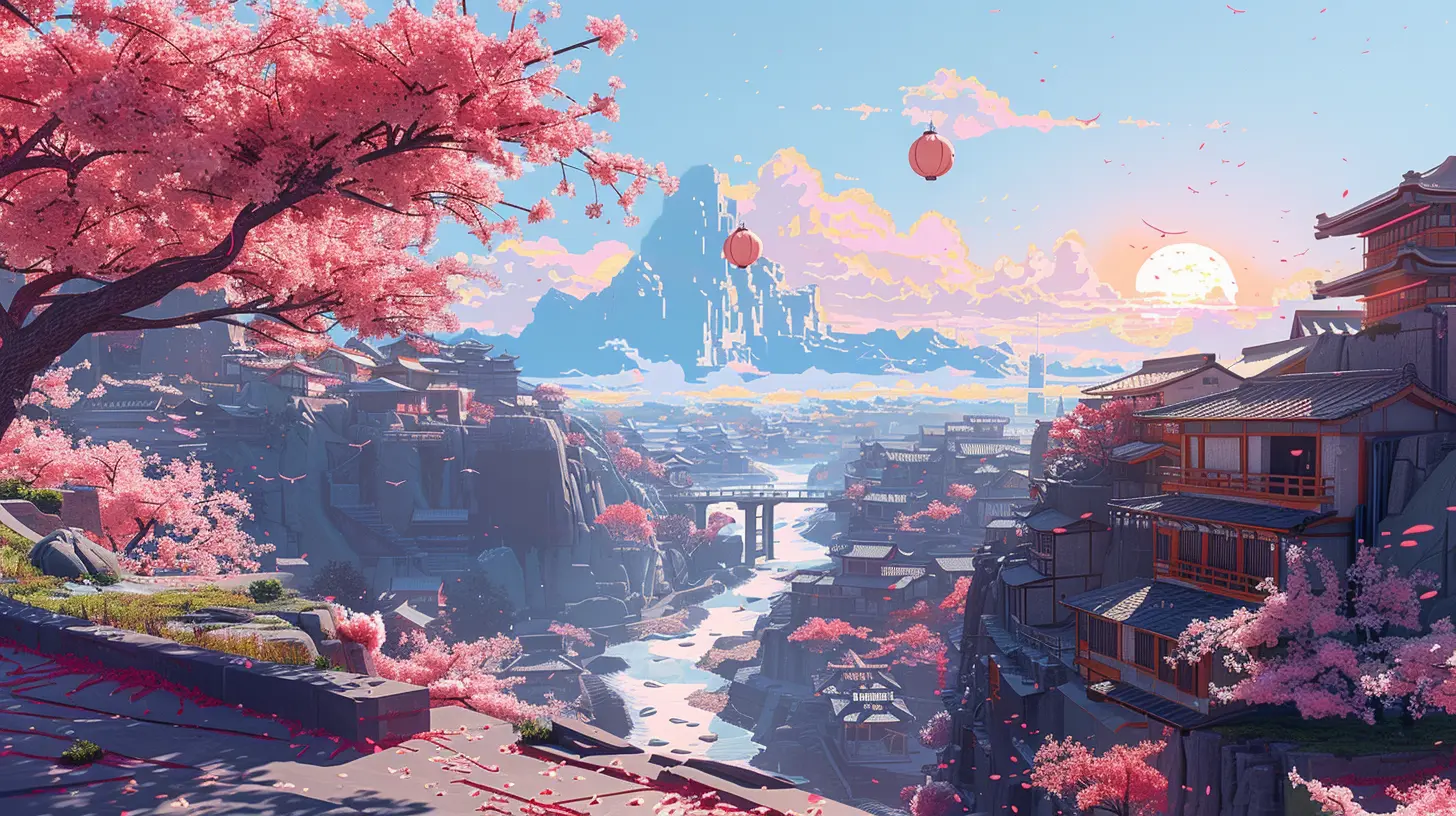
Lower Budgets, Higher Creativity
Here’s the thing: less money doesn’t mean less impact. In fact, the opposite is often true. Without a massive budget dictating every decision, indie developers have more room to maneuver. They don’t have to sell 10 million copies to be successful. This freedom lets them make the types of games that couldn’t exist under a AAA banner.Ever played Her Story? It’s essentially an interactive detective story where you piece together a narrative by searching through video clips. The concept is simple, the budget was tiny, but the execution was groundbreaking. It’s proof that creativity beats cash when it comes to pushing boundaries.
A Diverse Range of Voices
Another standout feature of indie games is the sheer diversity they bring to the table. Since these games don’t rely on mass-market appeal, they can focus on more niche, personal experiences. This inclusivity is huge for experimental gameplay because it brings fresh perspectives to the medium.Take A Night in the Woods, a story-driven game about a college dropout returning to her hometown. Its exploration of depression, small-town life, and existential dread is deeply relatable yet entirely unique. Games like this wouldn’t exist in the AAA sphere, where stories are distilled to their broadest appeal.
When diverse voices tell their stories through games, the results are nothing short of magical. You get gameplay mechanics, art styles, and narratives that feel genuinely unique—not just recycled versions of the same tired tropes.
The Role of Player Communities
Indie games thrive on community engagement. Platforms like Kickstarter and Patreon have made it easier than ever for developers to fund their projects directly through fans. This relationship fosters a sense of ownership and participation that’s practically unheard of in AAA gaming.When a new indie game drops, it’s not just a transaction; it’s a collaboration. Players provide feedback during development, help spread the word, and even mod or expand the games themselves. This synergy between creators and players often leads to even more innovative ideas.
Look at Hollow Knight. Backers supported it through crowdfunding, helping Team Cherry craft one of the most beloved metroidvania games ever made. The community’s passion and involvement directly contributed to its success.
Tools of the Trade: Accessible Game Development
Here’s another reason why indie games are flourishing—game development tools have never been more accessible. Engines like Unity and Unreal have leveled the playing field, giving aspiring developers the same tools that professional studios use.This democratization of game development means that anyone with a computer and a dream can create something amazing. The result? A flood of innovative games that break conventional rules simply because their creators didn’t know they existed in the first place.
Indie Games in the Mainstream
Despite their scrappy, underdog roots, indie games are no longer niche. Huge platforms like Steam, Xbox Game Pass, and the Nintendo eShop have given indies the spotlight they deserve. Some, like Stardew Valley or Among Us, have even gone viral, proving that you don’t need a massive marketing budget to capture players’ hearts.In a way, indie success has shifted the entire gaming landscape. AAA studios are starting to take notes, incorporating some of the riskier ideas that indies pioneered. It’s a win-win for everyone.
The Future Looks Bright
So, where does this all lead? To a gaming future that’s richer, more diverse, and brimming with innovation. Indie games are more than just an alternative to mainstream titles—they’re the lifeblood of experimentation in gaming. They challenge norms, push boundaries, and remind everyone that games are, at their core, about creativity and connection.If AAA games are the rockstars of the gaming world, indie games are the poets and visionaries. They don’t just entertain us; they surprise us, challenge us, and make us think. And that’s why they’re the future of experimental gameplay.
all images in this post were generated using AI tools
Category:
Indie GamesAuthor:

Luke Baker
Discussion
rate this article
2 comments
Tamsin Thomas
Indie games are the heartbeat of innovation in the gaming world. Their freedom from traditional constraints allows for bold experimentation and unique narratives, fostering creativity and diversity. As players seek fresh experiences, indie developers will continue to redefine gameplay, paving the way for the future of interactive storytelling.
June 23, 2025 at 3:03 AM

Luke Baker
Absolutely! Indie games thrive on innovation and creativity, pushing boundaries and offering unique narratives that shape the future of gameplay and storytelling.
Raina McAdams
Indie games, unbound by corporate constraints, foster creativity and innovation. Their willingness to explore unconventional narratives and mechanics not only enriches the gaming landscape but also paves the way for the future of immersive experiences.
June 19, 2025 at 5:00 AM

Luke Baker
Absolutely! Indie games' freedom to innovate truly enhances creativity and pushes the boundaries of gameplay, shaping the future of immersive experiences.

